
Merck
Top Company Values
Set Carbon Neutrality Target
Advancing science and sustainability for a better future.
Merck has committed to achieving carbon neutrality in its operations by 2025. This means that the company will offset all of its direct and indirect greenhouse gas emissions from its facilities, transportation, and energy consumption.
To achieve this goal, Merck has taken a number of steps, including investing in renewable energy, reducing energy consumption, and offsetting emissions.
In terms of investing in renewable energy, Merck has signed a number of power purchase agreements (PPAs) with renewable energy providers. These PPAs guarantee that Merck will purchase a certain amount of electricity from renewable sources, such as solar and wind power. This helps to reduce the company's reliance on fossil fuels and its overall carbon footprint.
Merck has also taken steps to reduce energy consumption at its facilities. This includes installing LED lighting, upgrading HVAC systems, and improving insulation. These measures help to make Merck's facilities more energy efficient and reduce the amount of greenhouse gases that the company emits.
Finally, Merck offsets its remaining emissions by investing in projects that reduce greenhouse gas emissions elsewhere in the world. For example, the company supports projects that plant trees, develop renewable energy projects, and improve energy efficiency in buildings.
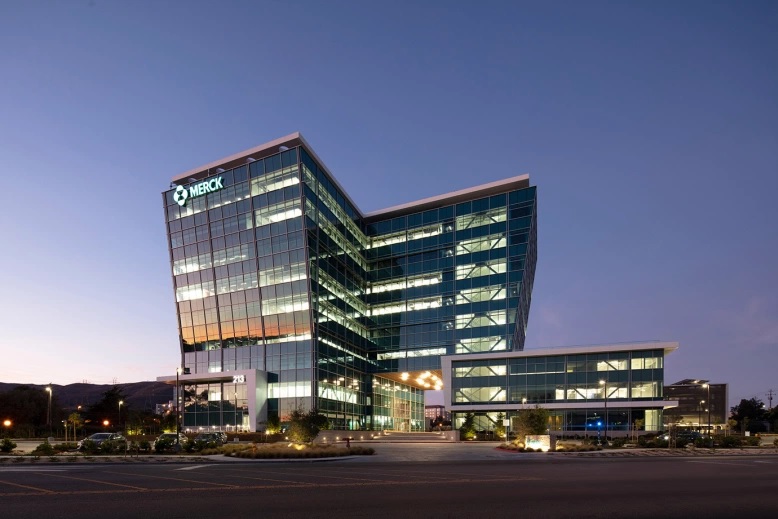
Invests via its Venture Impact Fund
Merck's Venture Impact Fund: Investing in the future of healthcare.
Merck launched its Venture Impact Fund in 2019. The fund invests in early-stage companies that are developing innovative solutions to address some of the world's most pressing challenges.
Merck's Venture Impact Fund is aligned with the company's broader corporate strategy, which is focused on four pillars: accelerating innovation, improving access to healthcare, building healthier communities, and sustainability.
The Venture Impact Fund is a key part of Merck's strategy to accelerate innovation and improve access to healthcare. The fund has invested in companies that are developing new drugs, diagnostics, and digital health solutions. These companies are working to address a wide range of challenges, including cancer, infectious diseases, and mental health.
In addition to investing in early-stage companies, Merck also works to support the growth of these companies. The company provides mentorship, access to its network, and other resources. Merck also works to create partnerships between its Venture Impact Fund companies and other organizations, such as universities and government agencies.
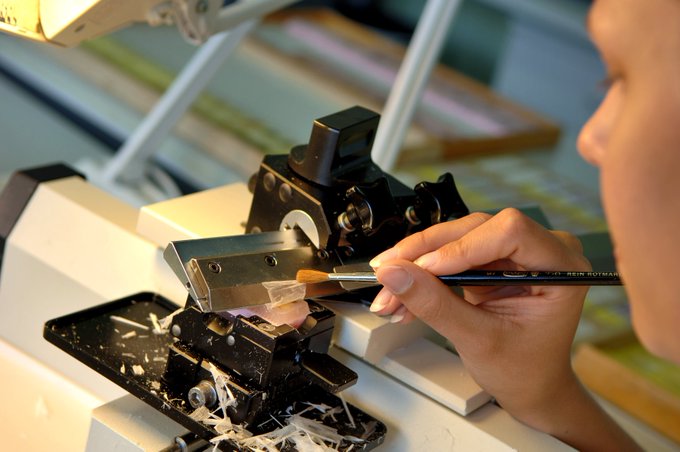
Published modern slavery statement
Taking action to prevent modern slavery.
Merck is committed to preventing modern slavery in its business and supply chains. In 2019, the company published its first modern slavery statement, which outlines its approach to this issue.
Merck is committed to preventing modern slavery in its business and supply chains. The company has a zero-tolerance policy for modern slavery, and it is committed to taking all necessary steps to prevent it from occurring in its business or supply chains.
Merck reviews its suppliers' policies and procedures to ensure that they are in line with the company's zero-tolerance policy on modern slavery. Merck also conducts audits of supplier facilities to verify that they are not using forced labor or other forms of modern slavery.
Merck provides training to all employees on modern slavery, including the signs of forced labor and how to report suspected cases.
Merck works with its suppliers to develop and implement measures to prevent modern slavery, such as providing training on modern slavery and conducting audits of supplier facilities.
Merck provides funding to organizations that are working to combat modern slavery, such as the Walk Free Foundation. Merck helps these organizations raise awareness of the issue and develop solutions to prevent modern slavery.
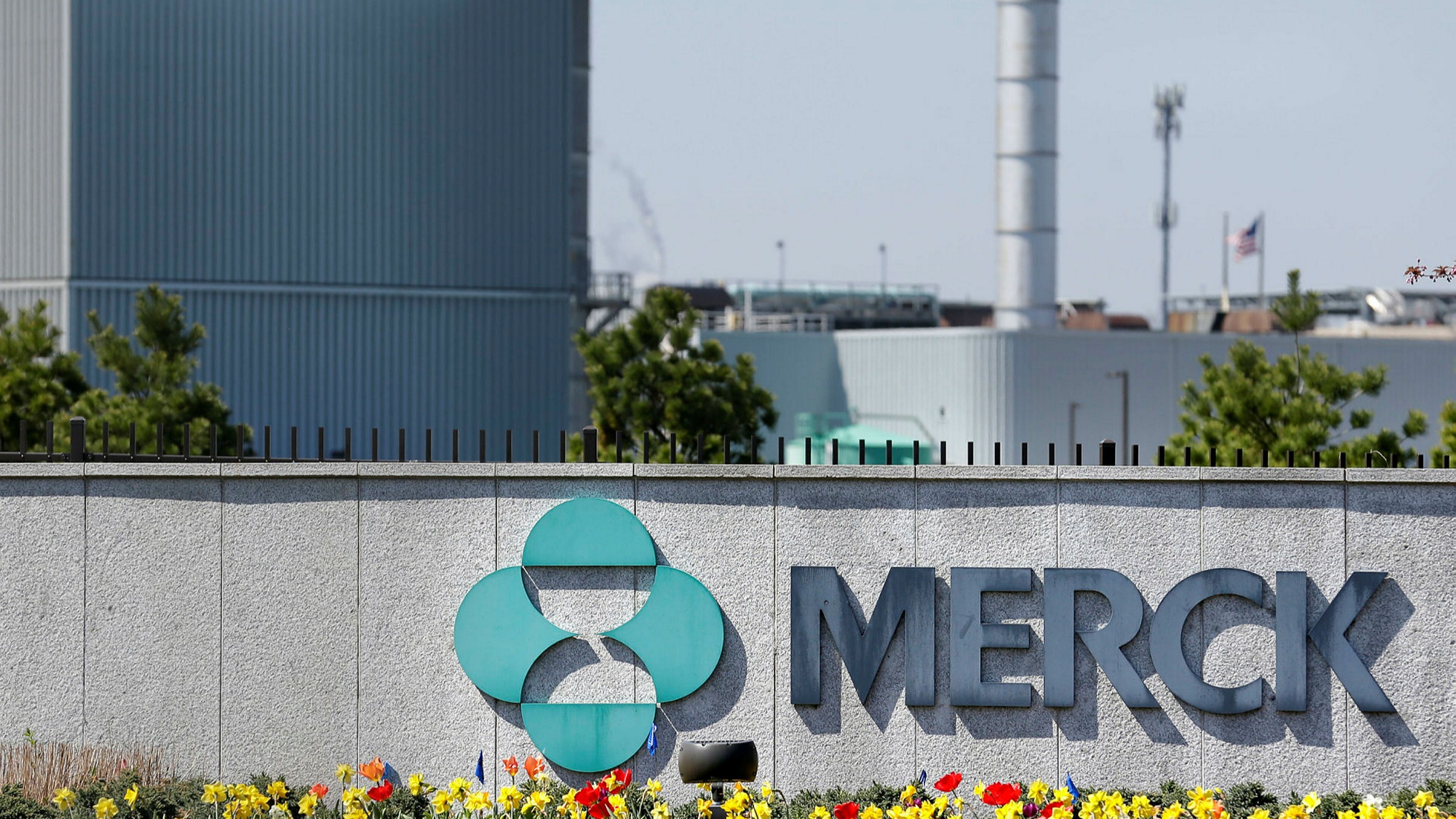
Actively manages ethical and sustainability standards in its supply chain
Responsible business for a better tomorrow.
Merck is committed to operating in a sustainable and ethical way. The company has a number of initiatives in place to ensure that its supply chain is managed in a responsible manner.
One of Merck's key initiatives is to conduct due diligence on its suppliers. This involves assessing the risks of forced labor, child labor, and other ethical and sustainability issues in the supplier's operations. Merck also works with its suppliers to develop and implement measures to mitigate these risks.
Merck is also committed to transparency. The company publishes its modern slavery statement annually, which provides information on its approach to this issue. Merck also reports on its progress in combating modern slavery on its website.
In addition to these initiatives, Merck is also a member of a number of organizations that are working to promote ethical and sustainable supply chains. These organizations include the Sustainable Apparel Coalition, the Fair Labor Association, and the World Economic Forum's Global Lighthouse Network.

Actively practices inclusion
Creating an inclusive workplace for all.
Merck is committed to creating an inclusive workplace where all employees feel welcome, valued, and respected. The company believes that diversity and inclusion are essential for innovation and success.
One of Merck's key initiatives to promote inclusion is to provide unconscious bias training to all employees. This training helps employees to understand their own biases and how they can unintentionally discriminate against others.
Merck also has a number of programs and policies in place to support employees from underrepresented groups. These programs include mentorship programs, networking events, and targeted recruitment efforts.
Merck is a signatory to the UN Women's Empowerment Principles and the CEO Action for Diversity and Inclusion. These commitments demonstrate Merck's commitment to promoting inclusion and diversity in the workplace.
Merck's efforts to promote inclusion have been recognized by a number of organizations. In 2022, Merck was named one of the "World's Most Ethical Companies" by Ethisphere. The company was also awarded a "100 Best Companies for Diversity" by Fortune magazine.
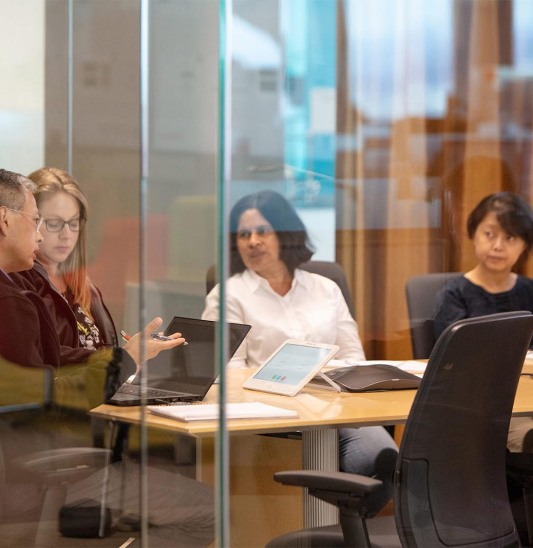
Engages with community
Working with communities to improve health and well-being.
Merck is committed to engaging with the communities in which it operates. The company believes that by working with local stakeholders, it can help to improve the health and well-being of the people who live in those communities.
One of Merck's key initiatives to engage with the community is to provide educational programs and resources. These programs are designed to help people learn about health and wellness, and to provide them with the tools they need to make healthy choices.
Merck also works with local organizations to provide support to people in need. For example, the company partners with food banks to provide food to families in need, and it works with homeless shelters to provide shelter and other services to people who are homeless.
Merck is a signatory to the UN Global Compact, which is a set of principles that guide businesses in their interactions with the community. These principles cover a range of issues, including human rights, labor, the environment, and anti-corruption.
Merck's efforts to engage with the community have been recognized by a number of organizations. In 2021, Merck was awarded the "Corporate Social Responsibility Award" by the World Economic Forum. The company was also named one of the "100 Best Corporate Citizens" by Corporate Responsibility Magazine.
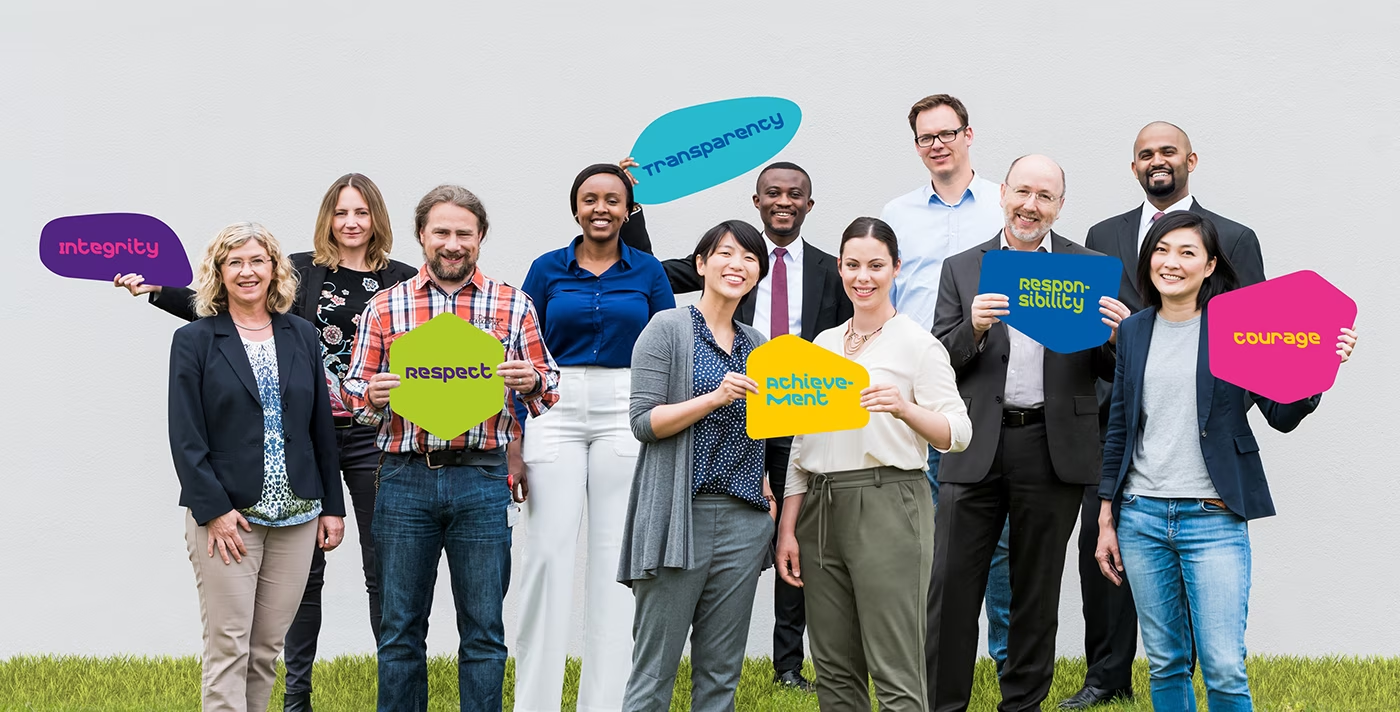
Ensures pay equity
Ensuring pay equity for all.
Merck is committed to ensuring pay equity for all employees. The company believes that everyone should be paid fairly, regardless of their gender, race, or other personal characteristics.
One of Merck's key initiatives to ensure pay equity is to conduct regular pay audits. These audits help to identify any pay gaps that may exist, and they provide the company with data to help close those gaps.
Merck uses a job evaluation system to ensure that all jobs are valued equally. This system takes into account the skills, knowledge, and responsibilities of each job.
Merck uses compensation banding to ensure that employees in similar roles are paid within a similar range. This helps to prevent pay gaps from occurring between different job levels.
Merck uses performance appraisals to assess employee performance. This information is used to determine pay increases and promotions.
Merck is a signatory to the Equal Pay Act, which is a law that prohibits discrimination in pay on the basis of sex. The company is also a member of the Pay Equity Coalition, which is a group of organizations that are working to promote pay equity.
Merck's efforts to ensure pay equity have been recognized by a number of organizations. In 2022, Merck was awarded the "Pay Equity Award" by the World Economic Forum. The company was also named one of the "100 Best Companies for Women" by Fortune magazine.
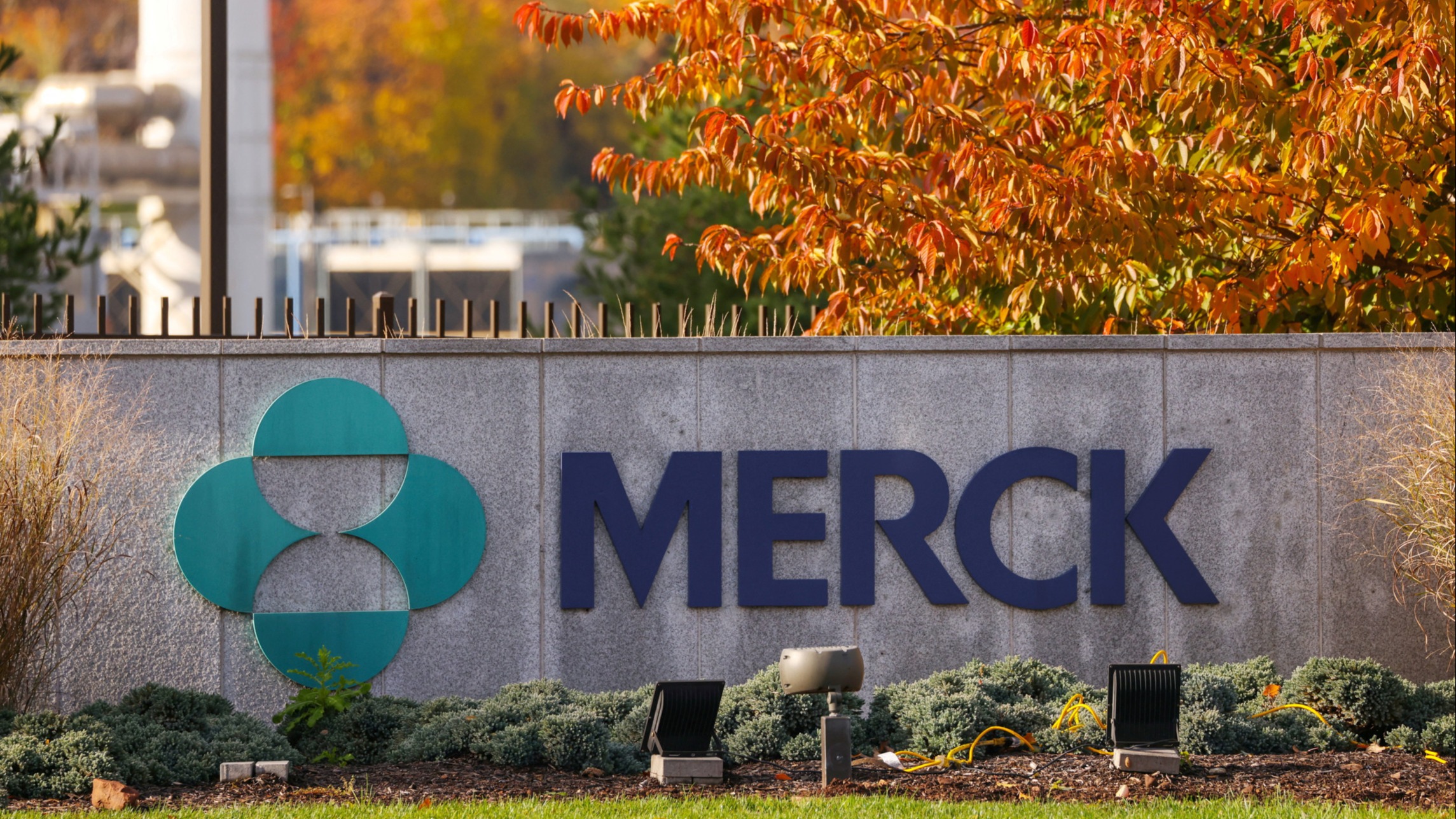
Values
Set Carbon Neutrality Target
Invests via its Venture Impact Fund
Published modern slavery statement
Actively manages ethical and sustainability standards in its supply chain
Actively practices inclusion
Engages with community
Ensures pay equity
Company Properties
Trading for 50+ years
Locations
North America HQ
Resources
Pharmaceuticals
Offerings at Merck
by  Merck
Merck
Pharmaceuticals DELSTRIGO is a prescription medicine that is used without other HIV-1 medicines to treat HIV-1 infection in adults and children who weigh at least 77 pounds (35 kg).
Supplies to Every ContinentDesigned in United StatesMade in United States
by  Merck
Merck
Certification
FDA CCP
Manufacturer
by  Merck
Merck
Pharmaceuticals FOLLISTIM AQ Cartridge is indicated for the induction of ovulation and pregnancy in anovulatory infertile women in whom the cause of infertility is functional and not due to primary ovarian failure.
Supplies to Every ContinentDesigned in United StatesMade in United States
by  Merck
Merck
Certification
FDA CCP
Manufacturer
by  Merck
Merck
Pharmaceuticals TREATS 16 TYPES OF CANCER, INCLUDING CERTAIN EARLY-STAGE CANCERS.
Supplies to Every ContinentDesigned in United StatesMade in United States
by  Merck
Merck
Certification
FDA CCP
Manufacturer
by  Merck
Merck
Pharmaceuticals RECARBRIO is indicated for the treatment of patients 18 years of age and older with hospital-acquired bacterial pneumonia and ventilator-associated bacterial pneumonia (HABP/VABP).
Supplies to Every ContinentDesigned in United StatesMade in United States
by  Merck
Merck
Certification
FDA CCP
Manufacturer
Get new company profiles every week!
